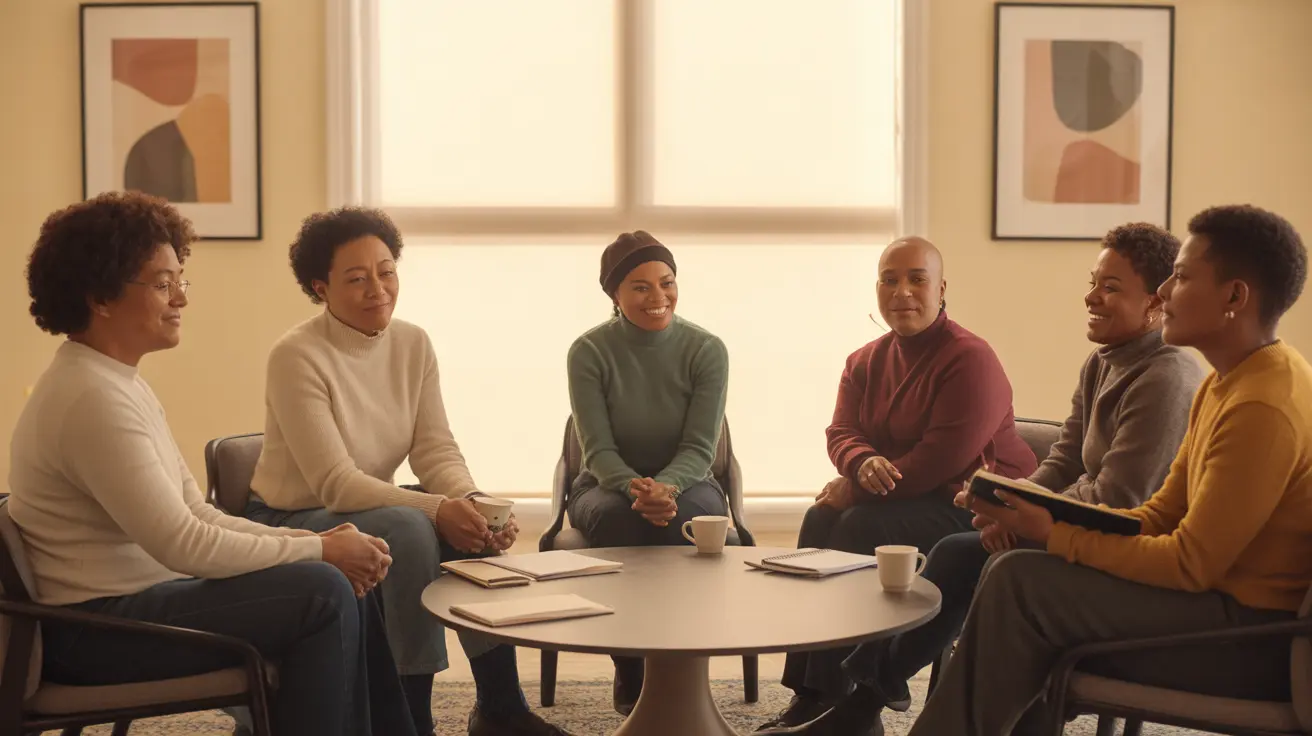Living with kidney disease can feel overwhelming, but you don't have to face this journey alone. Support groups offer invaluable emotional support, practical advice, and connections with others who truly understand your experience. Whether you're looking for in-person meetings or online communities, various resources are available to help you find the right kidney disease support group for your needs.
This guide will help you discover local and virtual support options, understand their benefits, and learn how to connect with others facing similar challenges.
How to Locate Kidney Disease Support Groups in Your Area
Finding local kidney disease support groups can be accomplished through several reliable channels:
- Your healthcare provider's office
- Local hospitals and dialysis centers
- The National Kidney Foundation's local chapters
- Community health centers
- Social media and community bulletin boards
Start by asking your nephrologist or primary care physician about support groups they recommend. Many hospitals and dialysis centers host regular meetings and can connect you with existing groups in your community.
Benefits of Joining a Kidney Disease Support Group
Participating in support groups offers numerous advantages for individuals managing kidney disease:
- Emotional support and understanding
- Practical tips for daily living
- Information about treatment options
- Shared experiences with medications and side effects
- Coping strategies for lifestyle changes
- Access to educational resources
- Connections with others facing similar challenges
These groups can significantly improve your quality of life and help you better manage your condition through shared knowledge and experiences.
Online Support Communities and Resources
Virtual support groups have become increasingly popular and accessible, offering flexibility and convenience. You can find online communities through:
- National Kidney Foundation's online forums
- Facebook groups dedicated to kidney disease
- Healthcare organization websites
- Kidney disease advocacy organizations
- Telehealth platforms
Online groups are particularly valuable for those who have mobility issues, live in remote areas, or prefer the anonymity of virtual participation.
Starting Your Own Support Group
If you can't find a suitable group nearby, consider starting one. Here's how to begin:
- Contact local kidney organizations for guidance
- Partner with healthcare facilities
- Develop a meeting structure and schedule
- Create promotional materials
- Establish ground rules and guidelines
- Build a network of healthcare professionals as resources
Many organizations offer resources and support for individuals interested in starting their own support groups.
Working with Healthcare Professionals to Find Support
Healthcare professionals can be valuable allies in connecting you with support resources:
- Social workers specializing in kidney disease
- Nurse coordinators at dialysis centers
- Patient care technicians
- Mental health professionals
- Case managers
These professionals often maintain updated lists of local support groups and can make personal introductions to group leaders.
Frequently Asked Questions
How can I find kidney disease support groups near me for emotional and practical help? Contact your local National Kidney Foundation chapter, ask your healthcare provider, or check with nearby hospitals and dialysis centers. Many facilities maintain lists of active support groups and can connect you with appropriate resources.
What are the benefits of joining a kidney disease support group in my community? Support groups offer emotional support, practical advice, educational resources, and connections with others who understand your journey. They can help reduce feelings of isolation and provide valuable coping strategies.
Are there online support groups available for people living with chronic kidney disease? Yes, numerous online support groups exist through platforms like the National Kidney Foundation's forums, Facebook groups, and healthcare organization websites. These offer flexible participation options and 24/7 access to support.
How do I start my own kidney disease support group if there isn't one nearby? Begin by contacting kidney disease organizations for guidance, partner with local healthcare facilities, develop a meeting structure, and create promotional materials. Many organizations provide resources for starting new groups.
Who can help me locate local kidney disease support groups, such as social workers or healthcare providers? Social workers, nurse coordinators, nephrologists, primary care physicians, and patient care coordinators can help connect you with local support groups. They often maintain current information about available resources in your area.




